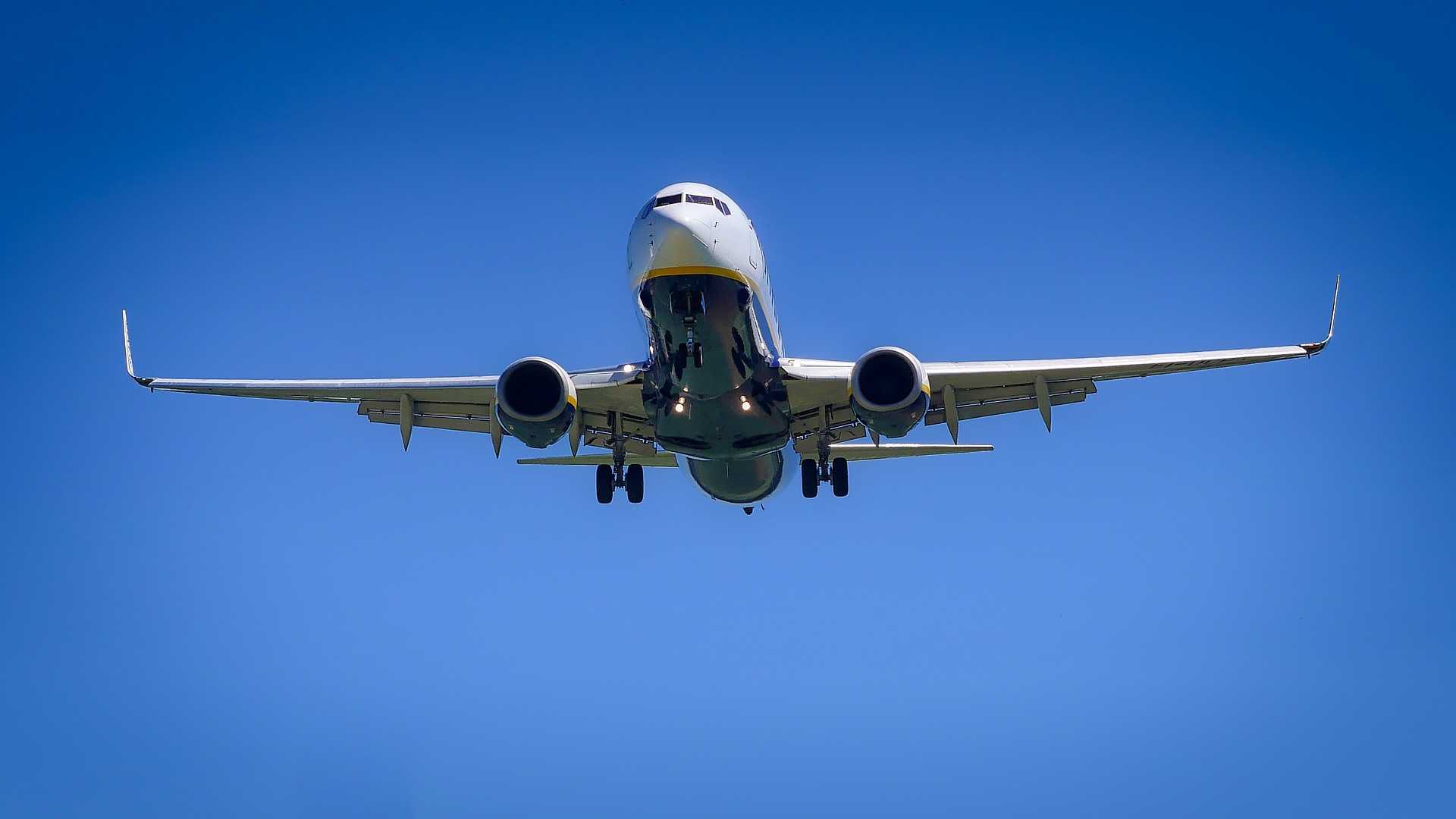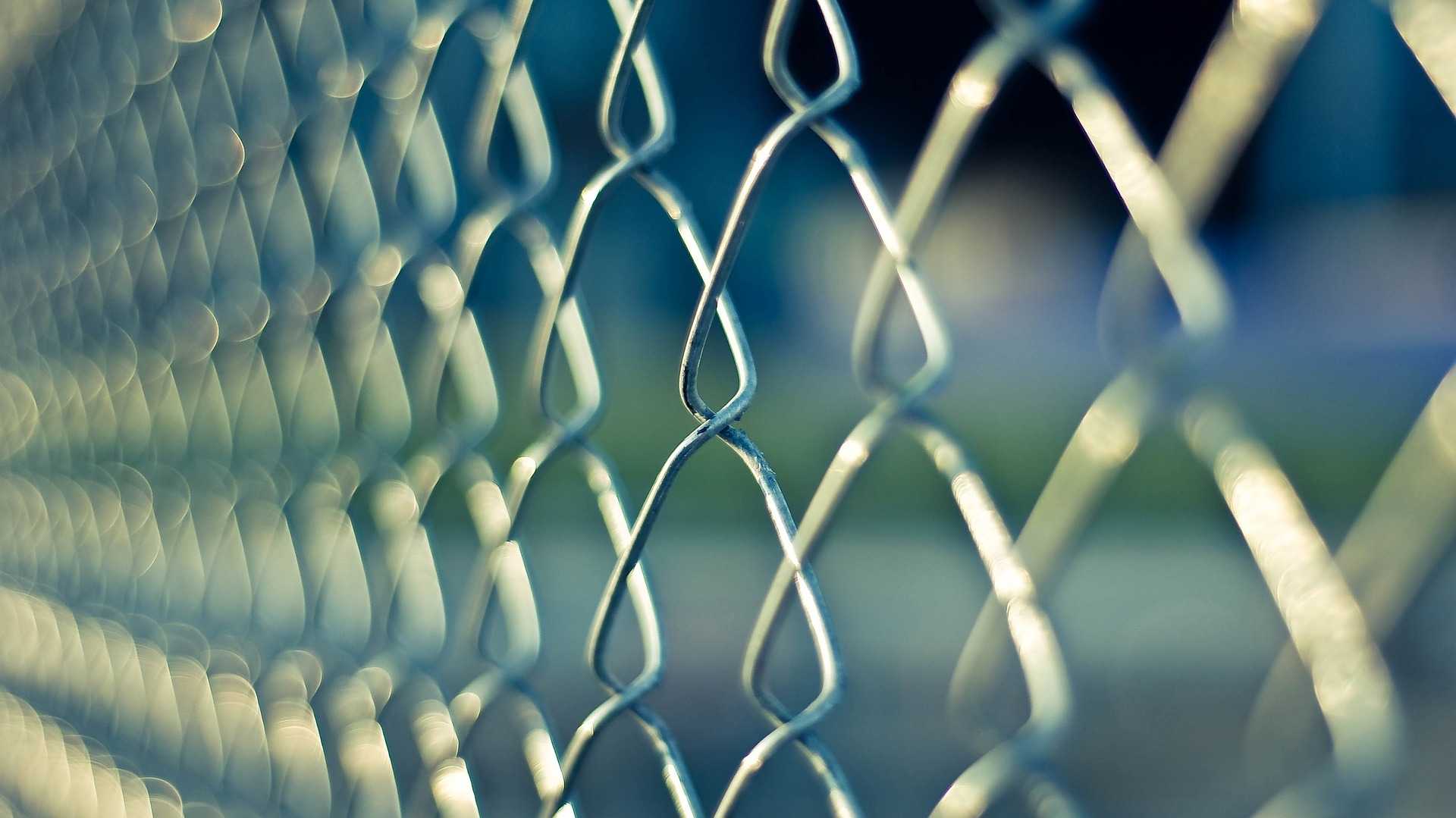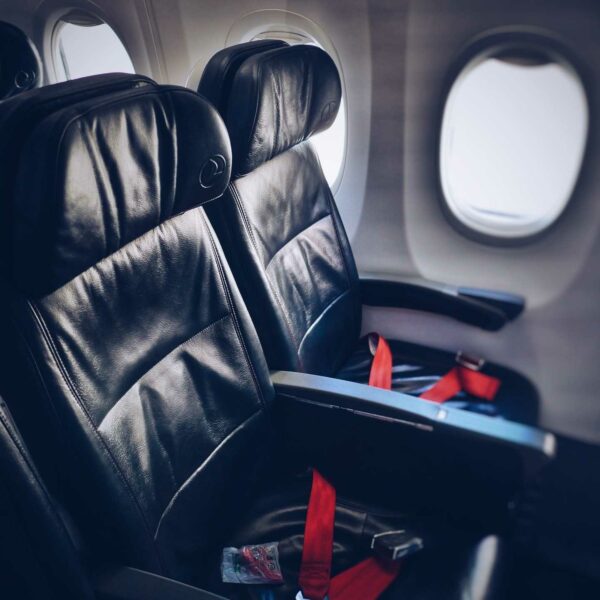
Airlines
COVID-19
Even though the Big Two airlines in Canada have become quite profitable, their bottom lines have been hit particularly hard during the pandemic, as have the vast majority of businesses all over the world.
This does not, in any way, mean that we should feel sympathetic toward them.
Air Canada, for example, took money for fares then cancelled flights and refused refunds until the government bailed them out…with your money.
Remember these things. Remember the bailout money from taxpayers and the way they treated Canadians when all Canadians were hurting. The pandemic will end, and when it does we should expect an airline industry that treats Canadians with the respect we all deserve.
Canada is not known for its cheap flights (or cheap cellular service or banking fees for that matter). Why are fares so expensive here? Competition, of course, or the lack of competition as is the case in Canada.

Protectionism
While there are many reasons for this lack of competition, the biggest factor is that the airline industry in Canada, like the banking and telecommunications industries, is an oligopoly. How did we manage to create yet another oligopoly in Canada? One word: protectionism.
In this case, protectionism means that the Canadian government has, over many years, enacted and kept in place laws and regulations that protected many Canadian industries from foreign competition. The airlines and their sky high prices are simply another example of protectionism’s effect on regular Canadians.
While protecting our airlines from huge global players was arguably necessary at one point in time, that time has passed. Our airlines are very, very profitable now and continued protectionist policies only serve to hurt Canadians.
Why compete if you don’t have to?
We see the effects of airline protectionism and the oligopoly it has created whenever we need to take a flight. Look at Air Canada’s fares at any time during a given day and, by some ‘miracle’, WestJet’s fares are nearly identical.
Sure, both airlines will have seat sales from time-to-time, but any low prices at one airline are almost always immediately matched by the other airline, at least until the sale is over. And when those sales are over, both carriers revert to their regular overpriced fares.
In the end, there is never any sustained downward pressure on fares. Why would there be? The two carriers control the market and the supply of seats, and since, as we all know, if supply is kept low enough, and demand is high enough, prices will never go down.
Simply put, protectionism helps put in place an artificial limit on supply by keeping the number of players in any market artificially low.
In the case of the airline industry, the demand for seats is fairly constant so a low supply of seats means higher prices for those seats. There are additional, more complex factors at play to be sure, but these simple market forces are the main drivers.
Change needed
In short, we need to increase supply to lower prices. In this case, an increased supply means a combination of more airlines and a more competition-friendly regulatory framework. Again, only governments can force these changes and it’s about time they did.

Take Action
What can we do? Well, we can start by expecting more. Once we have made that shift in our thinking, and we realize that we deserve more, then we can get together and demand more.
Connect with other Canadians, and demand more from your elected officials, who are the only ones with the power to force the changes we want.
Ultimately, it is your responsibility to tell the elected officials what you want. It is their responsibility to make it happen. Assuming, of course, they want to get re-elected.
Related
Big Two Airlines
The Big Two are the two, and only, major air carriers in Canada: Air Canada; andWestJet Read more on the Airlines page.
Airline Fares
Canada is not known for its cheap flights (or cheap cellular service or banking fees for that matter). Some travel and airline booking websites have…

